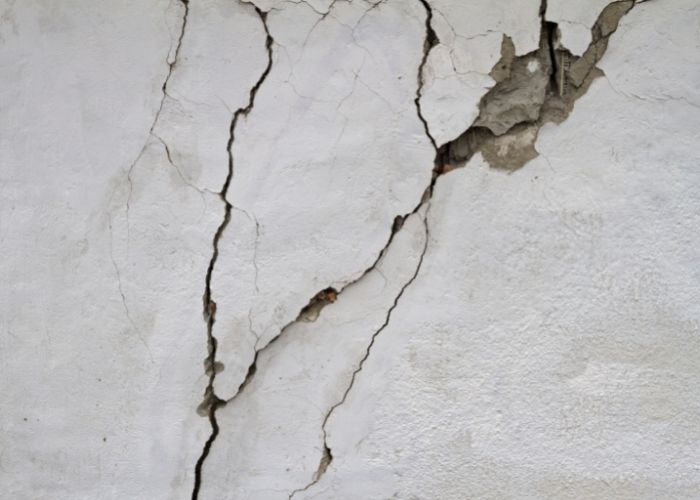MADRID – Two executives from the Spanish company Escal UGS, which was responsible for the 1.7km underground gas storage facility under the Mediterranean Sea in the Gulf of Valencia, are on trial this week for their role in the Castor project.
The executives stood trial on two charges. The first was a crime against the environment and natural resources. And, secondly, for endangering the lives and physical integrity of residents of northern Castellón and southern Tarragona. They were at risk of a serious irreversible or catastrophic accident. The Public Prosecutor’s Office demanded six years’ imprisonment for both defendants. And also a ban on the company ever carrying out activities in the underground gas storage system.
Charges
“While the defendants were aware of the risks inherent in the planned operations and without the company having the proper regulatory compliance programme for injection operations,” the gas injection commenced despite “the potential risk of earthquakes with tragic and catastrophic consequences for people, property and the environment being undeniable,” the indictment states. According to the indictment, the defendants acted ‘with absolute recklessness and in a totally irresponsible manner’. They had previously been warned of the consequences of injecting the gas into the reservoir.
The Castellón provincial court is expected to hear nearly 200 witnesses and some 40 experts who can testify how the initial development of the project ultimately led to nearly a thousand earthquakes with the resulting environmental and material damage.
About the Castor project
The Castor project received approval in 2008 for the operation of an underground gas storage facility at a depth of more than 1,700 metres, 22 kilometres off the coast of Vinaròs in Castellón. The intention was to store up to 1.9 billion cubic metres of natural gas. This would be enough to supply the equivalent of 50 days’ consumption for the whole of Spain. To be stored, the gas was to be injected into the reservoir and then transported to the mainland by pipeline.
The project was partly financed by the European Investment Bank. Storage began on 13 June and was stopped on 17 September 2013. In the meantime, according to data from the Ebro Observatory, there were 285 earthquakes. And after the cessation of activities, a further 733 were recorded up to November that year. The largest of these had a magnitude of 4.1. The Ebro Observatory warned of the risk of earthquakes all along and proposed the creation of a seismic monitoring network.
Homeowners and consumers affected
The earthquakes also caused dozens of damages to houses, for which more than 30 homeowners and business owners who suffered damages as a result of the earthquakes are claiming compensation. But the consequences of the Castor project were not only physical. The project’s abandonment meant that Escal (part of construction company ACS) received €1.35 billion from the Spanish state as compensation for the investments made. The payment was made through Enagás Transporte, the technical manager of the gas system, which took care of its installation and maintenance and passed the compensation money on to consumers’ gas bills for the next 30 years.
Role of the banks
The money was in fact advanced by the banks Santander, Caixabank and Bankia, which entered into an agreement with Enagás to take over the rights to collect these bills up to the amount of 1.35 billion.
This payment formula, devised by the then Conservative PP government, was annulled by the Constitutional Court in 2017. It had been approved through a royal decree-law. However, this is only allowed if there are emergency situations, but this was not the case.
However, a subsequent 2020 Supreme Court ruling, forced the state to pay €1.35 billion after the payment was declared unconstitutional. December that year, the Spanish BOE published an authorisation allowing the state to borrow €638 million to make the payment.
Five ministers and two senior officials, as well as two businessmen, including ACP top executive Florentino Pérez, sued for embezzlement, deception and fraud against the state. However, the national Supreme Court twice rejected the complaint.


